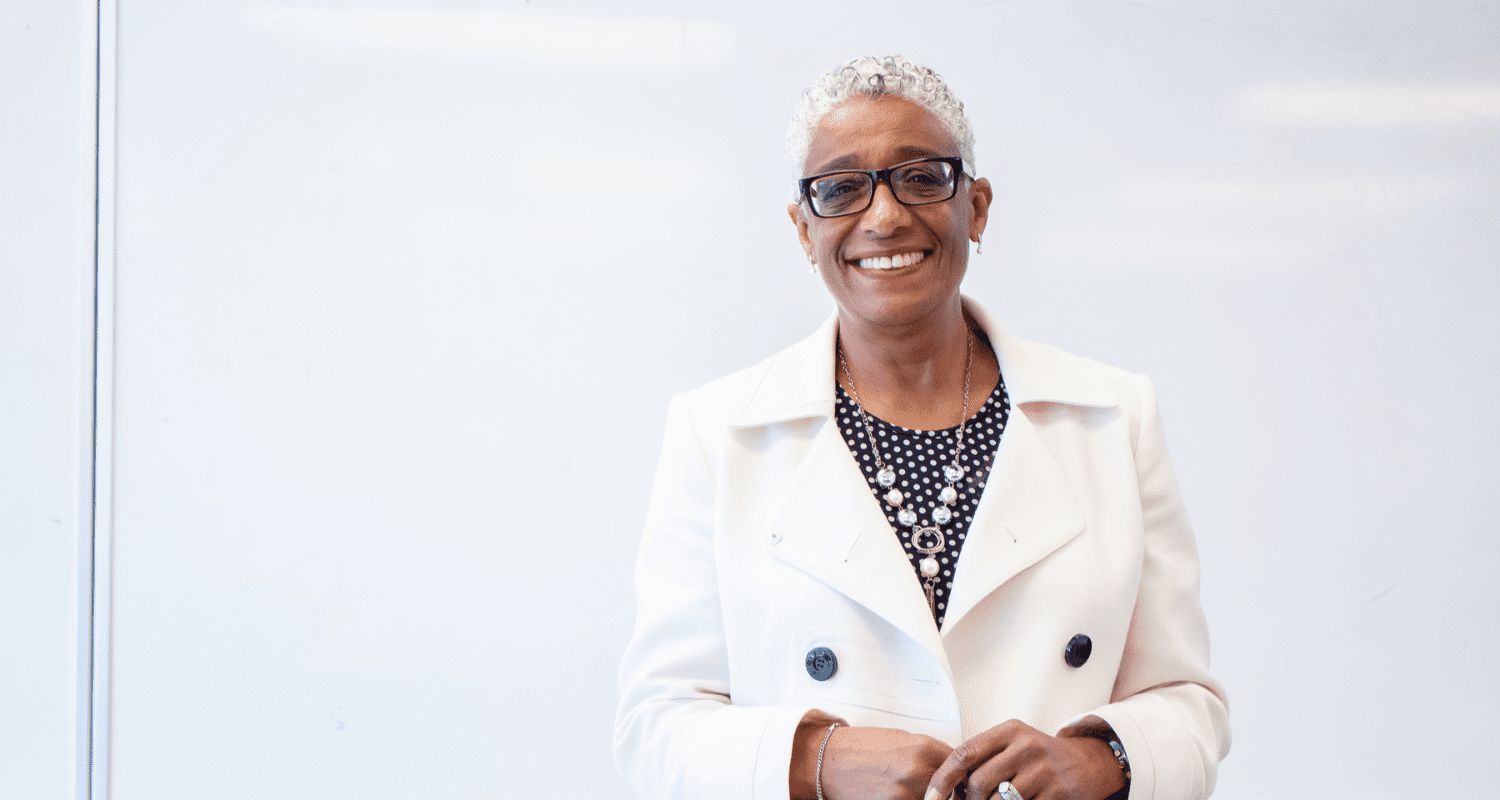
From the early stages of her career, Mrs. Colleen Flint was dedicated to the mission of helping youth to develop and learn to be responsible, mature, and forward-thinking members of society. Colleen started teaching in TAV’s Early Childhood Education department over 25 years ago, however, this year, she says it’s time to move on from teaching in the pursuit of new challenges.
Before Colleen finishes her final semester, I caught up with her to reminisce about her time at TAV College as well as find out what’s in store for her new journey:
J: What’s next for you?
C: I will be taking on different tasks such as administrative duties, program planning, dealing with educators/caregivers, and so on while working with my son and his partners in their group homes for people with special needs as well as Indigenous persons. It will be an amazing new challenge that I am looking forward to it.
J: What did you study at university?
C: I first received a Bachelor of Social Work (BSW) degree from McGill University, followed by a Bachelor of Arts (BA), major in Psychology, from Concordia University, and then received a Graduate Diploma (GrDip) in Early Childhood Education also from Concordia.
J: How did you get into the profession of teaching?
C: How I got into teaching is a very long story. Many – many years ago, I was working in office systems, and one day while riding the subway home, I noticed a group of unruly teenagers acting extremely loud, vulgar, and quite disrespectful. I asked myself the question “what went wrong with them?” Somewhere in their lives, they lost their way; so I said “self, maybe you should get out of office systems and go into a field to help these young people.” That revelation took me to McGill University where I studied social work. After graduating, I worked briefly with a Montreal social services agency. However, after six months of dealing with a certain population whose behaviors seemed to explain why the previous group of unruly teenagers behaved the way they did on the subway that day, I said “self, maybe you should get out of social work and go into the schools to teach these youngsters what they seem to be lacking.”
J: When did you start teaching at TAV?
C: The revelation that I mentioned in my previous answer took me to an English elementary school in Montreal where I worked for thirty years as the Coordinator of their special education program, the kindergarten, and after-school care programs. At the beginning of my career in elementary school, I realized that I needed a different set of tools to work in that environment. That revelation took me to Concordia part-time to complete my graduate studies in Early Childhood Education. While working at the elementary level, I discovered that some of the parents I had dealt with in social work were the parents of some of the children in the elementary school and they were just like the boys on the subway. So, again, I said, “self, maybe you should study psychology to truly understand why that group of boys acted the way they did.” You know the next sentence … that took me to Concordia University where I majored in Psychology.
Having said all of that, one of the educators, who was working at the elementary school with me, was also studying Early Childhood Education at TAV. She told me about her program and suggested that I apply to teach there. So I did, and have been teaching here part-time for the past 25 or so years.
Quote from one of long-time Colleen’s colleagues
“Colleen is an outstanding teacher and coworker who has been an integral part of the ECE program at TAV. Colleen values real-world learning and always looks for interesting, creative, and fun projects for her students that will challenge them both educationally and personally. Throughout the years, her unique approach to teaching has enriched the lives of many students. Her dedication to her profession and to her students is admirable and, although she is moving on to a new step in her career, she will be greatly missed by all.” – Gabriella Campanelli
J: What was your first class like? Are there any memories you want to share?
C: I was so nervous about teaching that I practiced in the mirror for about two hours the night before my first class. I had butterflies in my stomach the first day I walked into a classroom and believe it or not, at the beginning of every new semester, I still experience those same butterflies.
My first class was interesting. What you have to realize about way back then is that the population of the school was somewhat different than it is today, and believe it or not, some students were surprised that I was a woman of color. Nonetheless, there was always mutual respect and we had no problems whatsoever. Just positive and exciting interactions all the time (except when it was time for exams).
J: What are some of your fondest memories while teaching at TAV?
C: My fondest memories and sense of pride stem from seeing social science students develop productive study habits, be successful and go on to university to pursue their dreams and goals. In the Early Childhood Education program, my fondest memories rest on sharing my passion for working with, teaching, and advocating for children and their rights. One of my greatest rewards while working at TAV was having the students appreciate, feel, and try to emulate my passion and commitment to working with children.
J: Do you have any advice to offer younger teachers starting out?
C: I would tell them to never, ever give up on their students. Offer students a lot of support without coddling them, and encourage them to be critical thinkers; they are the future. Encourage them to take responsibility for their actions/behavior. Always be in class before the students or be on time at least. Be prepared, know what you are teaching, and do not be afraid to say “I don’t know, but I will do my research and get back to you” if a student question stumps you. Be respectful and this should be reciprocated automatically. I have had unruly students (probably the children of the children I saw on the subway over 30 years ago) and I very politely and diplomatically ask them to leave my classroom. Above all, enjoy what you are doing, but if you feel burnt out, or if you dread going in to teach, it is time to leave because your students will be the most affected.
